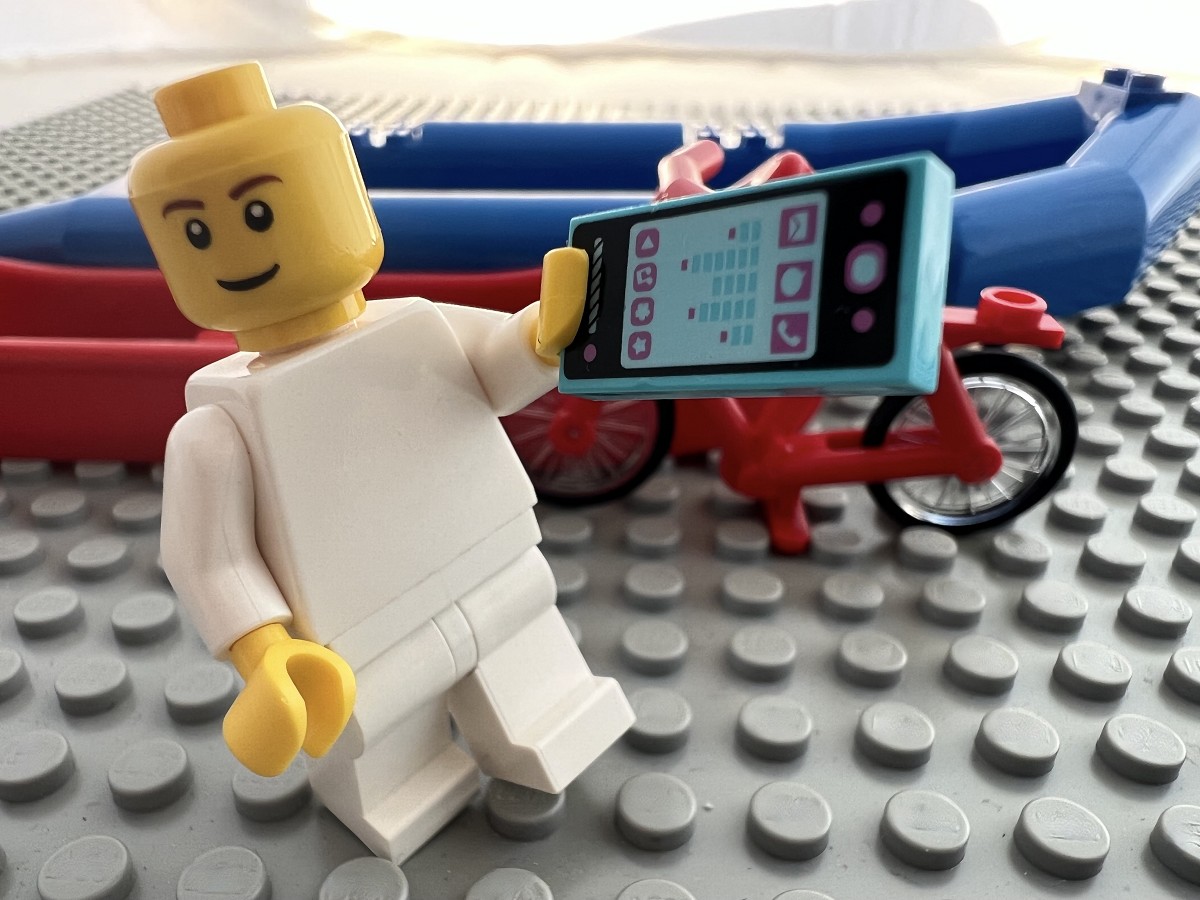
Smartphones are everywhere (even the Minifigures have them), and so are smart watches and even smart wearables, but are they making us smarter? Not really! In fact, these devices are driving us to distraction at levels we have never seen or experienced before. For years, we thought children had difficulty paying attention.
Now our entire society appears to be presenting like we are diagnosed with Attention Deficit Disorder.
The sad truth is the people developing this tech are counting on you to stay this way. Keeping you staring at your phone is the goal. Ever wonder why you get caught up in that endless scroll? You started to look for opening hours for a store and then ended up reading an ad for that gadget you now know you cannot live without.
Yep, this is their goal; it's how they sell advertising. Keeping your eyes on your phone is the goal. They follow your searches and find new things to draw you in as you continue to click on marketing messages, sometimes by accident. And those likes and smiles in social media and the ding or flash that happens when you receive a notification? It's all cleverly designed to keep you mesmerized, hypnotized and/or just plain addicted.
This raises the question: We have smartphones, but do we have smart users?
Research tells us that if you're focusing on something and you get interrupted, on average it will take you 23 minutes to get back to that same level of focus. Another study found that office workers in the U.S.A. struggle to get a single hour of interrupted work. On average, CEOs in Fortune 500 Companies are only getting 23 minutes of uninterrupted work per day. It should be clear how truly damaging this addictive habit is and how it's eroding not only our work but our ability to focus and think.
Smartphones are actually making us Dense. It's true. One study at Carnegie Mellon University's Human Computer Interaction Lab took 136 students and gave them an IQ test. The students were split into two groups: Half turned their phones off, while the others had their phones on to receive intermittent messages.
On average, the students with access to their phones performed 20% worse than the those whose phones were turned off.
Right now, we are all facing unpredictable problems. The world is changing fast and people are simply not paying attention. To be effective problem-solvers, we need to have systems, processes, and frameworks in place to address complicated and messy problems. But we also need smart engaged people who can pay attention with sustained focus. If we are training our brains to become so easily distracted and in need of a distraction, we are never going to be able to rise to address the issues facing us.
Now is the time for leadership to acknowledge just how big a problem this is and put policies in place: not only for the sake of the organization, but to save your people from themselves.
If you think this is an interesting topic, join us to learn more in Santa Barbara, California, at the EPIC International Summit: September 23 – 25.
The Strategic Play Global Team are sponsoring this event - because it's important!